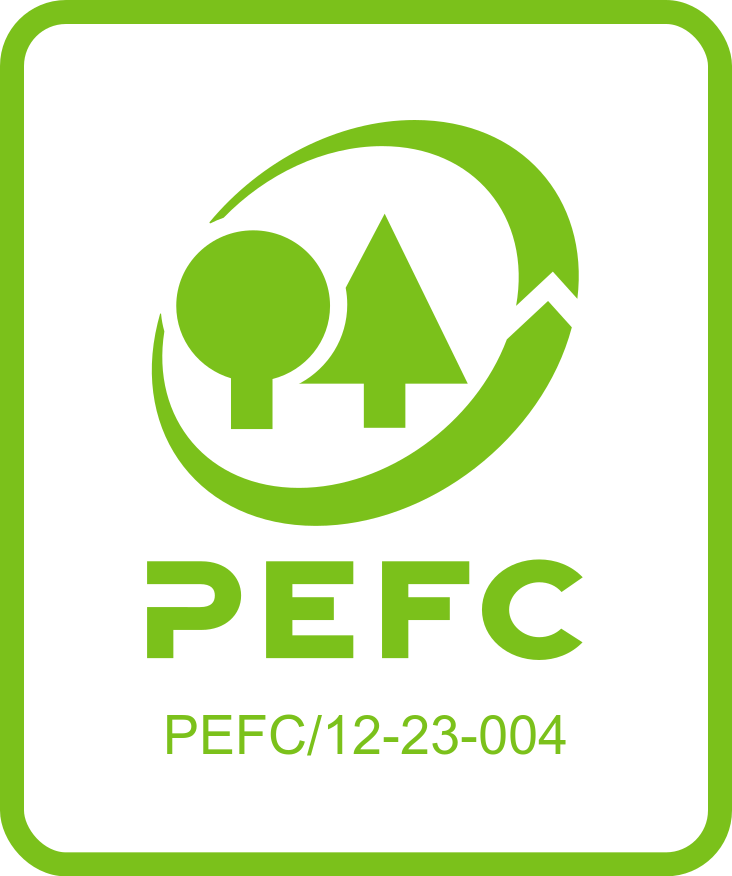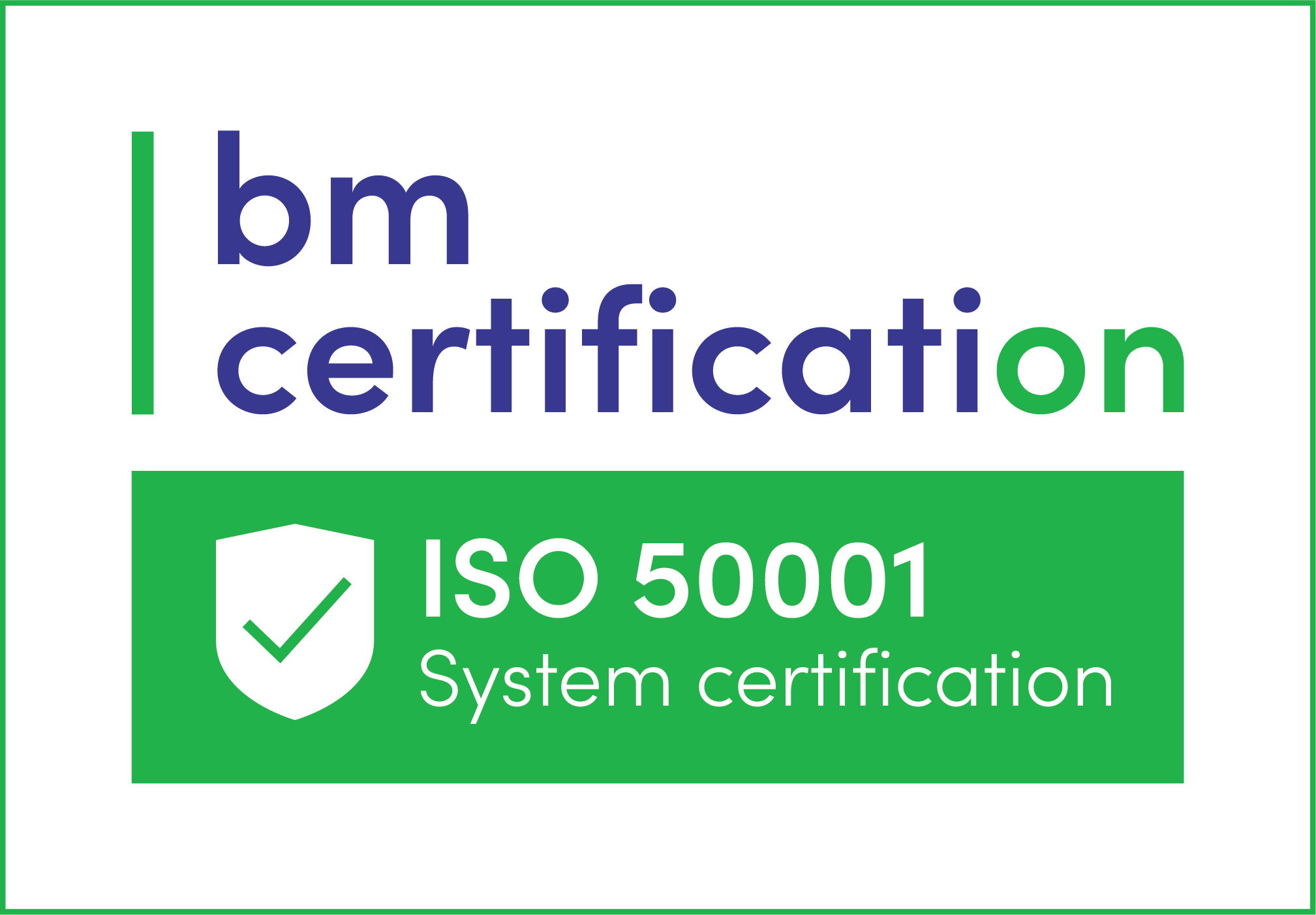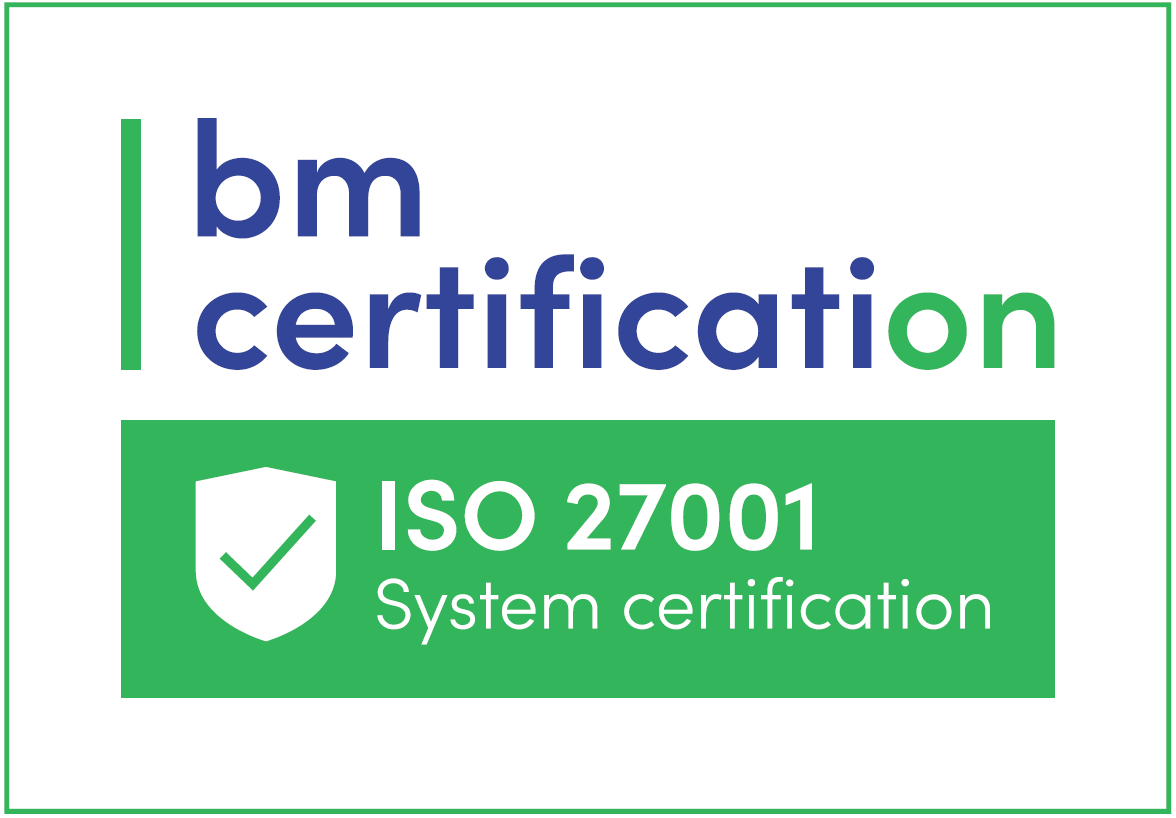“Moderno biodegvielu ražošanas iespējas Latvijā un elektrotransportlīdzekļu perspektīvas”

AS “Latvijas valsts meži” pasūtītais pētījums “Moderno biodegvielu ražošanas iespējas
Latvijā un elektrotransportlīdzekļu perspektīvas” veikts atbilstoši 2019. gada 30. jūlijā
noslēgtajam līgumam starp AS “Latvijas valsts meži” un Rīgas Tehnisko universitāti.
Pētījuma mērķis ir izvērtēt moderno biodegvielu ražošanas tehnoloģijas un to ražošanas
iespējas Latvijā no mežsaimniecības atlikumu un nepārtikas celulozes atlikumu
biomasas, kā arī izvērtēt ar elektrību darbināmu elektrotransportlīdzekļu tehnoloģiju
attīstību un prognozēt moderno biodegvielu un elektrotransportlīdzekļu perspektīvas
transporta sektorā. Pētījums sastāv no 6 galveno darbu uzdevumu izpildes.
Pētījumā analizēti politikas plānošanas dokumenti, stratēģijas un normatīvie akti, kas
nosaka un regulē transporta nozares enerģētikas struktūru un tās izmaiņas, aizstājot
naftas pārstrādes produktus ar atjaunojamajiem resursiem. Veikta uz moderno
biodegvielu ražošanu attiecināmo saistošo politikas plānošanas dokumentu un
normatīvu analīze Eiropas un Latvijas līmenī. Analizējot moderno biodegvielu ražošanas tehnoloģijas, izpētītas 3 ķīmisko
tehnoloģiju, 6 termoķīmisko tehnoloģiju un 3 bioķīmisko tehnoloģiju moderno
biodegvielu grupas un analizēts tehnoloģiju attīstības pašreizējais līmenis moderno
biodegvielu ražošanai, kā arī noteiktas Latvijas apstākļiem piemērotākās tehnoloģijas.
Pētījumā aplūkota un analizēta elektrisko transportlīdzekļu izplatības veicināšanas
politika un šādu transportlīdzekļu tirgus līdzšinējā attīstība, dots pārskats par
elektroenerģijas uzkrājējiem un to uzbūvi, kā arī analizētas koksnes produktu
izmantošanas iespējas modernajos elektroenerģijas uzkrājējos un to nākotnes
risinājumos. Balstoties uz Pētījumā analizēto informāciju, sniegts elektrotransporta un moderno biodegvielu izaugsmes potenciālu novērtējums, kā arī noteikti būtiskākie vispārīgie riski attiecībā uz moderno biodegvielu ražošanas iespējām un elektrisko
transportlīdzekļu attīstību. Pētījumu noslēdzot, sagatavoti apkopojošie secinājumi un rekomendācijas, kas sagrupēti par katru Pētījumā analizēto jomu atsevišķi.
Pētījuma kopējais apjoms - 259 lappuses, tajā iekļautas 35 tabulas un 136 attēli. Darbā
izmantoti 527 citētie literatūras avoti, kā arī Pētījumam pievienoti 4 pielikumi. Pētījumā
iekļautās informācijas apkopojumu un analizēšanu veica galvenie izpildītāji –
Dr.habil.chem. Valdis Kampars, prof. Dagnija Blumberga, prof. Oskars Krievs un
asoc.prof. Linda Mežule.
Facilities for advanced biofuel production and perspectives of use of
electrical vehicles in Latvia
The research “Facilities for advanced biofuel production and perspectives of use of
electrical vehicles in Latvia” commissioned by JSC “Latvijas valsts meži” was
managed in accordance with the agreement signed on July 30, 2019 between JSC
“Latvijas valsts meži” and Riga Technical university.
The aim of this project is to evaluate production technologies of advanced biofuels and
the possibilities for production of biofuels in Latvia from forest management byproducts
and from by-products of non-food cellulosic biomass. Additionally, it is
intended to evaluate the development of electric vehicle technologies to prepare a
prognosis for the future roles of vehicles utilizing advanced biofuels or electricity.
The research consists of six chapters.
In the first chapter, the policy framework at European level and Latvian level regarding
biofuel production is analysed. This chapter shows that the development of biofuels is
an important goal at European level, highlighting the need to support the production
and use of advanced biofuels in particular. The analysis of Latvian laws and regulations
in relation to production of advanced biofuels is also performed.
In the second chapter, several technologies used to produce advanced biofuels are
analysed. These include 3 chemical technologies, 6 thermochemical technologies and
3 biochemical technologies. The current technology levels used in fuel production are
taken into account for this analysis. A list of advanced biofuels most suitable for
production in Latvia was formed. From this list two groups of biofuels are
recommended for further study. Two suitable production technologies are also
recommended; they also differ in how the production is organized.
Within the third chapter, policies intended to spread the use of electric vehicles as well
as the development of this market so far are surveyed. An overview is provided on
electrical energy storage technologies, and a survey is carried out on the possibilities of
using wood products in contemporary and future electrical energy storage technologies.
The fourth chapter presents a forecast on the future market share of electrical vehicles
and examines the future prospects of electrical vehicle and advanced biofuel markets.
In the fifth chapter, the most crucial risks for future development of electrical vehicles
and biofuel production are identified and assessed.
In the sixth chapter, a systematic review, conclusions and recommendations of the
research are given.
This work is detailed on 259 pages and contains 35 tables and 136 figures. The work
has citations from 527 references; it also contains four appendices. The key performers
of the research are the following - Dr.habil.chem. Valdis Kampars, Prof. Dagnija
Blumberga, Prof. Oskars Krievs and Assoc. Prof. Linda Mežule.




